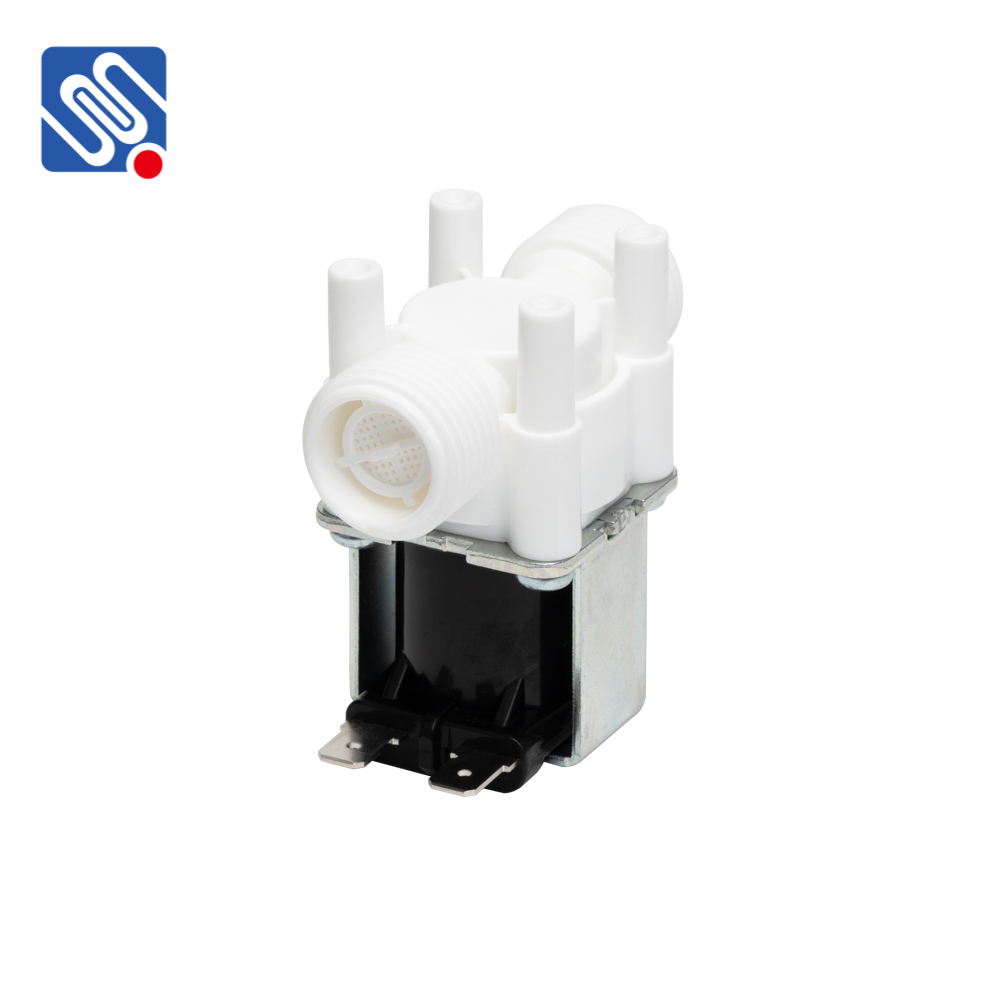Building Water Supply Solenoid Valves are integral parts of modern plumbing and water management systems. They offer a convenient and reliable means to control water flow in both residential and commercial applications. With the rise of automation in home and industrial systems, solenoid valves have gained importance due to their efficiency, accuracy, and ease of control. This article explores the role, functioning, and benefits of Building Water Supply Solenoid Valves, highlighting their significance in today’s water supply systems.

What is a Building Water Supply Solenoid Valve? A solenoid valve is an electromechanically operated valve used to regulate the flow of water within a system. The core function of a solenoid valve is to open or close the water supply line in response to an electric current. This makes them ideal for applications where water needs to be controlled automatically or remotely. In the context of building water supply, solenoid valves are employed to control the flow of water from the main supply into the various water distribution networks within the building. These valves are commonly found in plumbing systems, irrigation setups, dishwashers, washing machines, and other automated water control applications.